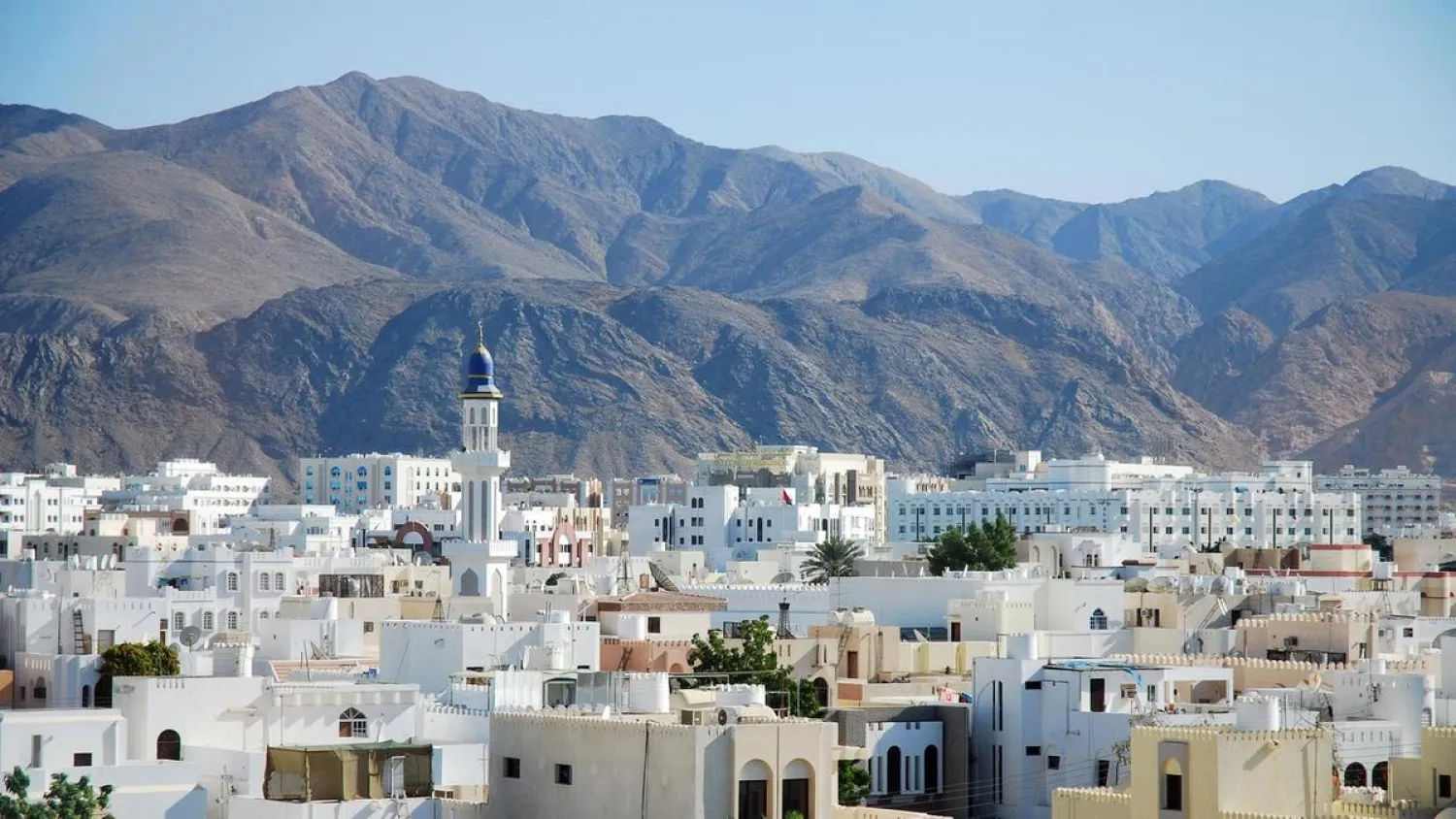Oman’s government expects to increase spending this year by 2% to 13.2 billion rials ($34.38 billion), but its fiscal deficit will remain high at 8% of gross domestic product (GDP), its state news agency said on Wednesday.
The government expects a deficit of 2.5 billion rials in 2020, slightly lower than the 2.8 billion rials projected in the 2019 budget.
Oman recorded a deficit of 1.9 billion rials in the first 10 months of 2019, according to government data.
Some 80% of the 2020 deficit will be funded through foreign and domestic borrowing, while the remainder will be funded by drawing from reserves, the state news agency ONA said.
Revenues are estimated at 10.7 billion rials, assuming an average oil price of $58 per barrel this year. Revenues are up 6% from last year’s budget projection.
Oil prices have been recovering recently, as the price of Brent Crude Futures settled at $66 per barrels on Tuesday, according Refinitiv data. Brent gained about 23% in 2019.
OPEC nations and producers outside the exporting group in late 2019 agreed to deepen crude output cuts by 500,000 barrels per day until March 2020 to support prices, but the move could weigh on growth and oil revenues for oil producers in the Gulf.
Rated junk by all three major rating agencies, Moody’s, Fitch and S&P, Oman has relied heavily on borrowing over the past few years to spur growth and refill its coffers – depleted because of lower oil prices.
Moody’s said in a statement in March that Oman could face external vulnerability as wide fiscal deficits will contribute to wide current account deficits, perpetuating Oman’s dependence on steady inflows of external financing.









